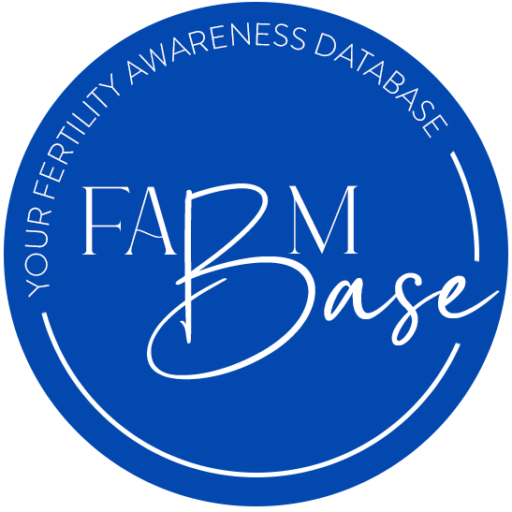Mucus Only Method: Creighton Model
👩🏾🤝👨🏽🌷⛪👌🏻🥼
- Tell us a little about yourself.Phlegmatic-melancholic; graduate-level education; teacher for 7 years. Louisiana/NOLA native living in the midwest where the weather and lack of good seafood are serious trials. Got married a little over a year ago. Enjoy cooking, baking, reading good literature, and going on walks at the park.
- What effects has fertility awareness had on your relationship?We have been TTC since the start of our marriage. So in that sense, we haven't had the abstinence difficulties that some deal with (except pre- and post- laparoscopy), yet we have had the pressure of feeling "on duty" for 5-8 days in a row each cycle. Infertility has been a challenge but in suffering we have been drawn together. Since we use Creighton/Napro, charting is very much tied up with the "medical" side of things, as my charts are used so frequently in doctor's appointments, tracking medication, etc. The chart is my responsibility, not my husband's (which is how I like it!) but he is able to understand the chart and I definitely feel as if we share fertility.
- How did you find your instructor?When I was dating my now-husband, my instructor was an FCPI and was looking for more initial clients. We met at a Blessed-is-She brunch, but she also went to my parish. I think the charge for the total 8 initial meetings was $500 (I am an archdiocesan employee and our insurance covers NFP costs, so after some hassling I was able to get that all covered!). I also have had 2 more follow-up since those initial 8. I think she now charges $60 per long-term follow-up.
- Describe your daily charting routine.Charting is pretty second-nature now. I chart at the end of the day, every day using a paper chart and the Creighton stamps. It's been about 2.5 years now. I track mucus only. When we first starting trying to conceive I was also taking my temp just out of curiosity after reading Taking Charge of Your Fertility, but that stopped after a few cycles (got tired of waking up at 5:15am on weekends). Overall, it feels good to chart and know where I am in my cycle. I guess since TTC for over a year now, it is sometimes difficult to motivate myself when charting post-peak, but I've never stopped as I know its value both for me and for my Napro docs. Again, charting is a positive factor in my overall life, not something that I feel like is draining for me or my relationship with my husband.
- What made you choose this method?Was interested in the possibility of having a Napro doctor (this was way before I knew infertility was on the horizon and was just dating at that point). I had heard people being helped by it and figured, "why not?", especially since there is a Napro practice/doctor nearby. where I live. I didn't really have many other considerations. My FCP just kind of appeared in my life at the perfect time and it made sense to start working with her rather than explore any other methods. I love the Napro-medical connection and being able to bring my chart to a doctor and they can "read" it immediately. I don't love how outdated the website/materials are. I don't love ALL the questions asked for each follow-up (I see their value; it just gets tedious & I feel like a school-child).
- Has charting helped you to understand your overall health?Yes. My FCP directed me towards Napro because of some biomarkers like TEBB, pre-menstrual spotting, etc. I started on post-peak progesterone and some other supplements while engaged. It wasn't until we were TTC for 6 months that my doc did some more extensive bloodwork, more medications, and then eventually recommended me to another Napro for a potential diagnostic laparoscopy. This new Napro doc looked at my chart and immediately recommended a lap. Just had my first surgery and found out I have upper stage 2 endo. Will be having excision surgery in a month. So YES, charting has been crucial in helping me understand what's going on and helping my doctors as well.


